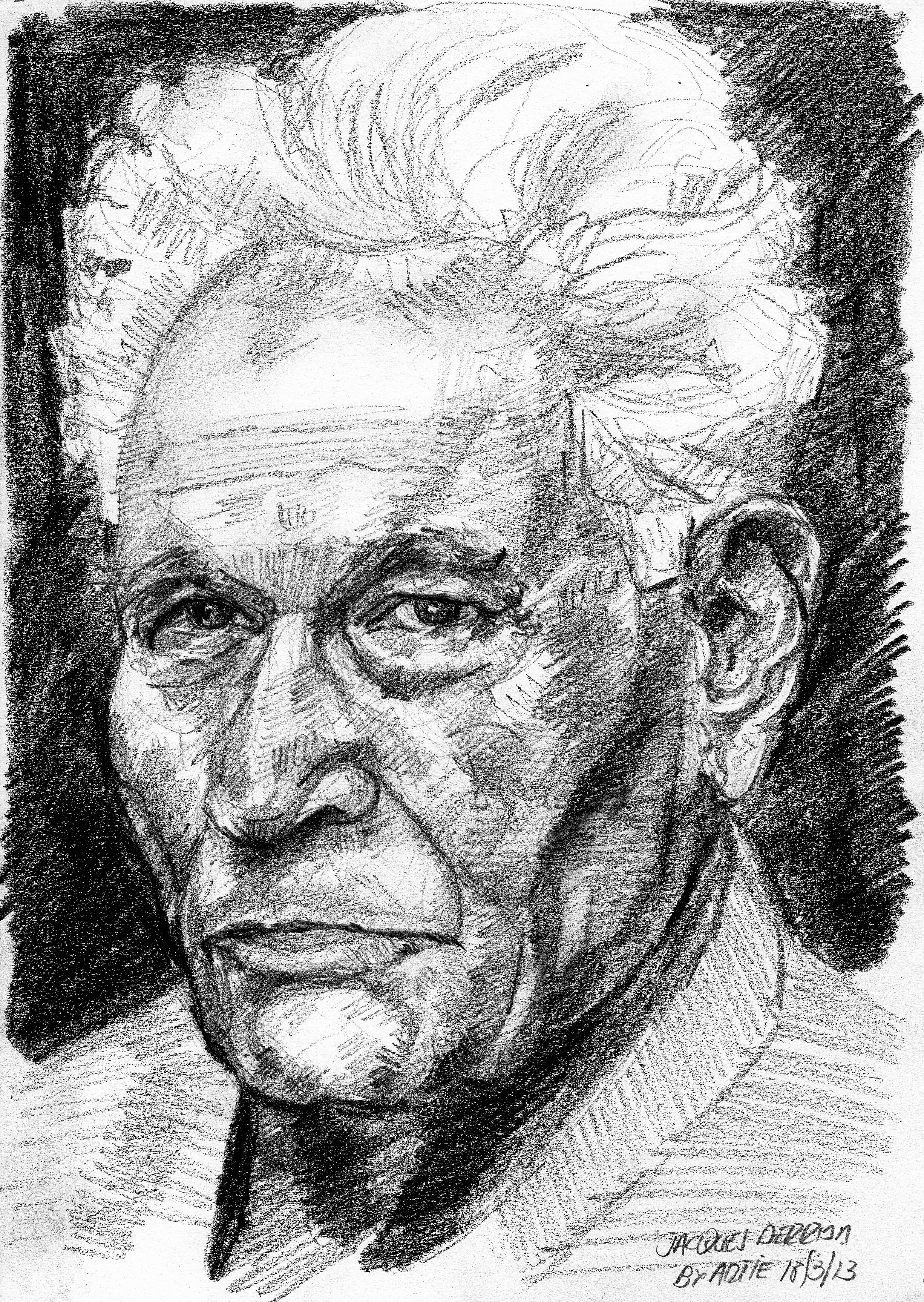Jacques Derrida
In July 2009 I presented some of my work on Jacques Derrida's influential Sepcters of Marx: The State of the Debt, the Work of Mourning, and the New International (Routledge, 1994) at the 10th International Conference of the Utopian Studies Society, held at the Unviersity of Porto in Portugal. My paper, "Midway between Memory and Prophecy: Secularising Eschatological Time in Ernst Bloch and Jacques Derrida," explored the relationship between theological and secular theories of utopian time. The paper argued that one of the challenges facing secularised theories of utopian temporality – and to post-secularism more generally – lies in the positing of a purely anticipatory, timeless end that does not become exterior to time. I argue that we need to consider the ways in which the ontological implications of an “end” grounded in exteriority can also present themselves as phenomenologically present within time.
In order to explore these questions, I analysed the secularisation of eschatological figures of utopian-messianic finitude in Ernst Bloch and Jacques Derrida. These thinkers, I argued, reformulate concepts of linear time precisely in order to be able to rethink “the end,” “the coming,” or “the arrival” of the figure Messiah/Utopia/justice so that it ceases to be continually deferred as narrative conclusion and enters with all the force of a violent realisation of the injustices of the world into our here-and-now. Their conceptions of utopian temporalities thus reveal the challenge of positing a utopian time of immediacy rather than deferral, of a plastic understanding of collective time that can revisit moments in history without their inscription actuating the forgetting of their claims to justice.
Given the challenges facing a progressive, democratic politics today we might be reminded of Adorno’s remark that the only philosophy which can be practised in the face of despair is ‘the attempt to contemplate all things as they would present themselves from the standpoint of redemption.’ This redemption, I argue, cannot be grounded in anything other than an immediate, metachronous utopian present. To this end, Bloch and Derrida offer us extremely timely and productive ways of theorising the figure Messiah/Other/Utopia as a secularised temporal process that reveals the interconnectedness of pasts, presents and futures without any necessary or guaranteed intervention.
Thumbnail image by Arturo Espinosa under a CC BY-license.







 Dr Caroline Edwards is Senior Lecturer in Modern & Contemporary Literature at Birkbeck, University of London. Her research and teaching specialisms are in 21st century literature and critical theory, science fiction and post-apocalyptic narratives, Marxist aesthetics, and utopianism.
Dr Caroline Edwards is Senior Lecturer in Modern & Contemporary Literature at Birkbeck, University of London. Her research and teaching specialisms are in 21st century literature and critical theory, science fiction and post-apocalyptic narratives, Marxist aesthetics, and utopianism.
Follow / Contact